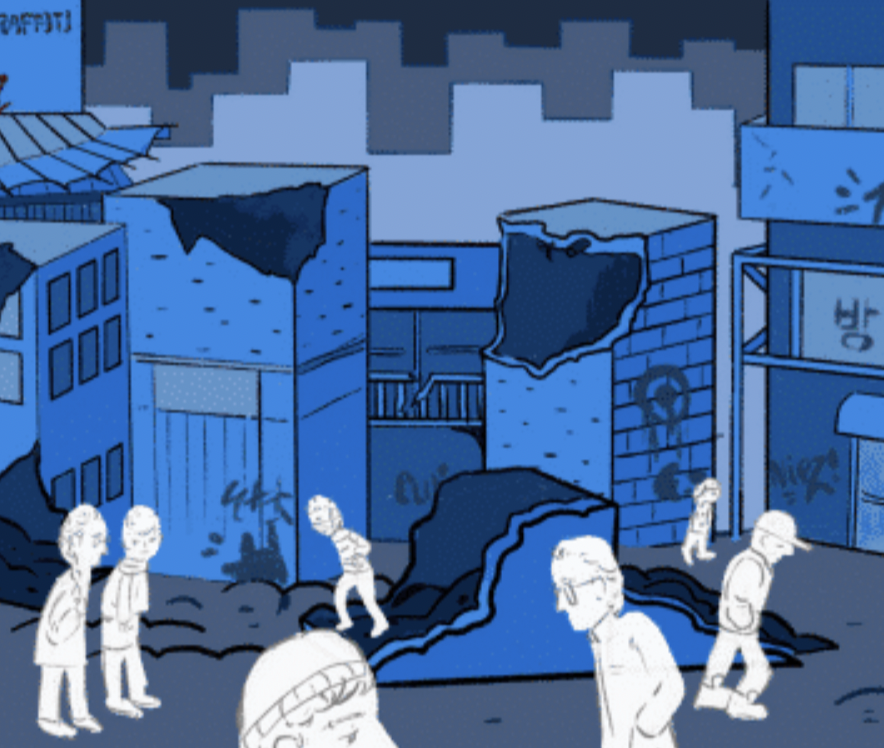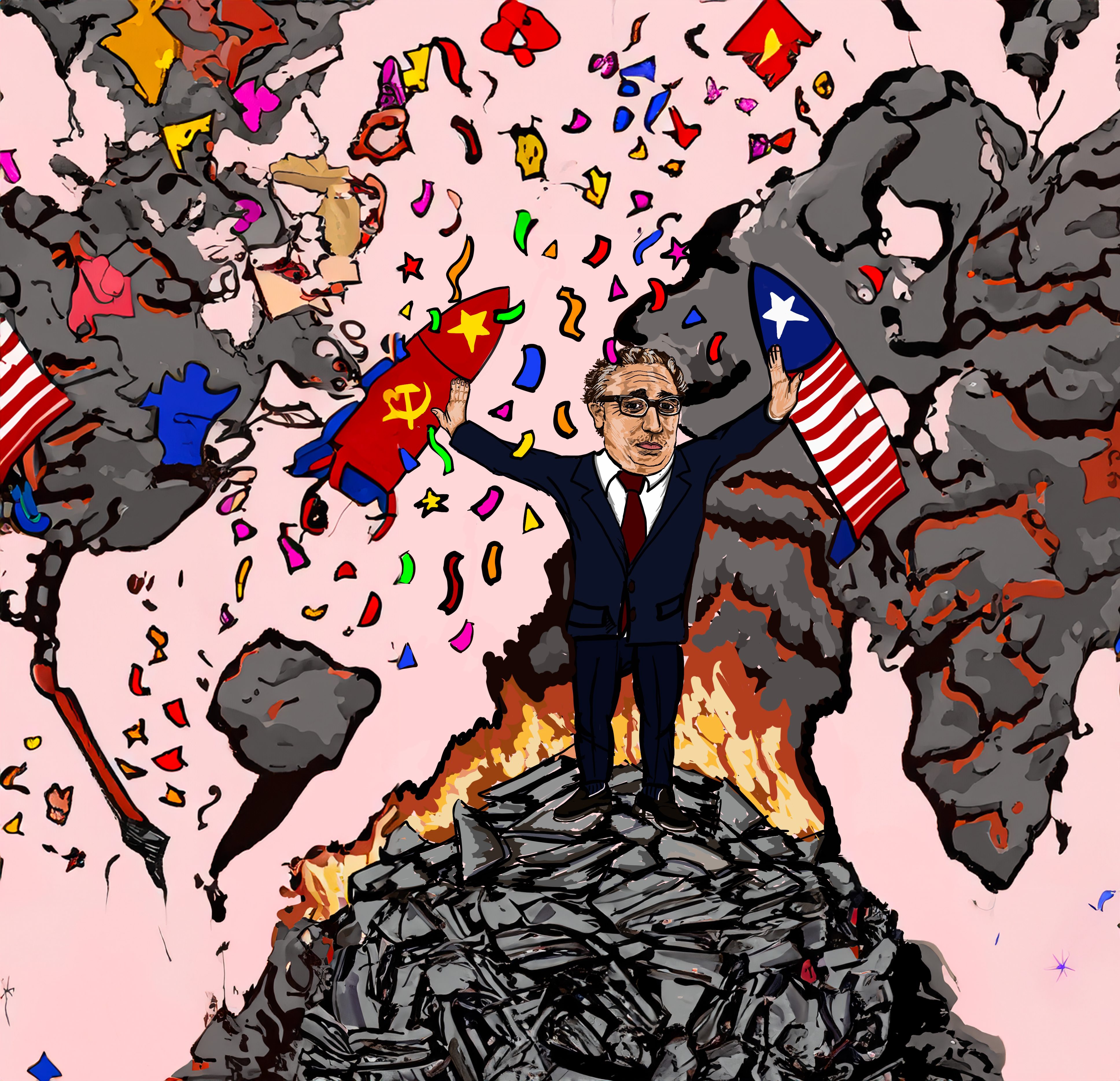As the Ukrainian war continues, Russia’s failure to achieve a quick victory and the horrors of their brutal campaign are becoming evident. The pullback of Russian troops from Kyiv and the heavy casualties that Russia has suffered have come as a surprise to Western analysts, many of whom predicted a quick victory for Russian President Vladimir Putin.
Firstly, Ukraine’s ability to withstand Russia thus far is the result of the Ukrainians’ remarkable resistance, led by its President Volodymyr Zelenskyy. Second, Western financial and military aid has helped Ukraine to uphold resistance and enabled them to defend and counterattack with unexpected effectiveness. As the war rages on, it has become increasingly clear that a treaty is not enough to prevent a similar invasion in the future. An outright defeat of the Russian army is necessary.
The war has removed any illusions surrounding the true nature of Putin: that of a brutal dictator willing to kill civilians in pursuit of geopolitical gain. His campaigns have resulted in thousands of deaths for both sides of the conflict. The United Nations estimated a total of 4,400 civilian casualties. While military deaths are expected to be inflated, Ukraine estimates 19,600 deaths in the Russian army, while Russia estimates 14,000 on the Ukranian side of the fight. As the Russian troops’ withdrawal from the outskirts of Kyiv has revealed horrifying atrocities of civilian murder, it’s clear that Russia’s actions are not going as planned and that the North Atlantic Treaty Organization’s (NATO) financial aid and economic sanctions are causing major blows to the Russian economy.
In an effort to expedite Russia’s defeat, the West should consider even tighter sanctions. More countries should place embargoes on Russian energy exports in order to cut off one of Putin’s most significant sources of war financing. The Western allies should consider expanding this ban to natural gas and oil to deal an even harsher blow to Russia’s economy. Of course, this type of measure will require significant economic sacrifice on behalf of the Western European countries. Moreover, the U.S. should be far more open to becoming a larger player in oil exports as the oil supply decreases. This could mean raching into its oil reserves to drive down the global price of oil. An effort along these lines will help make other countries more willing to cut off Russia in the meantime.
There continues to be a debate over the motivation behind Putin’s war. Was it instigated by NATO or his own desire to reestablish the glory of a Russian Empire? Nevertheless, the war has involved indiscriminate shelling of civilian sites and chilling evidence of targeted executions. The brutal nature of this war makes it clear that Putin is not a counterparty with whom the U.S. should negotiate with. The U.S. should not leave Russia with tracts of Ukrainian land in exchange for peace. While it is unclear if a loss in Ukraine would lead to issues for Putin in Russia, a clear defeat will make it very difficult for him to restart a Ukrainian war in the future.
The U.S. must continue to lead the unified NATO opposition and use the turn of events in these last few days as a rallying cry to continue and intensify support for Ukraine. By increasing military aid to Ukraine and refusing to participate in negotiations with Putin, the U.S. can provide Ukraine with the best opportunity to achieve victory on the battlefield while demonstrating a resolve to deter Putin from future aggression.




